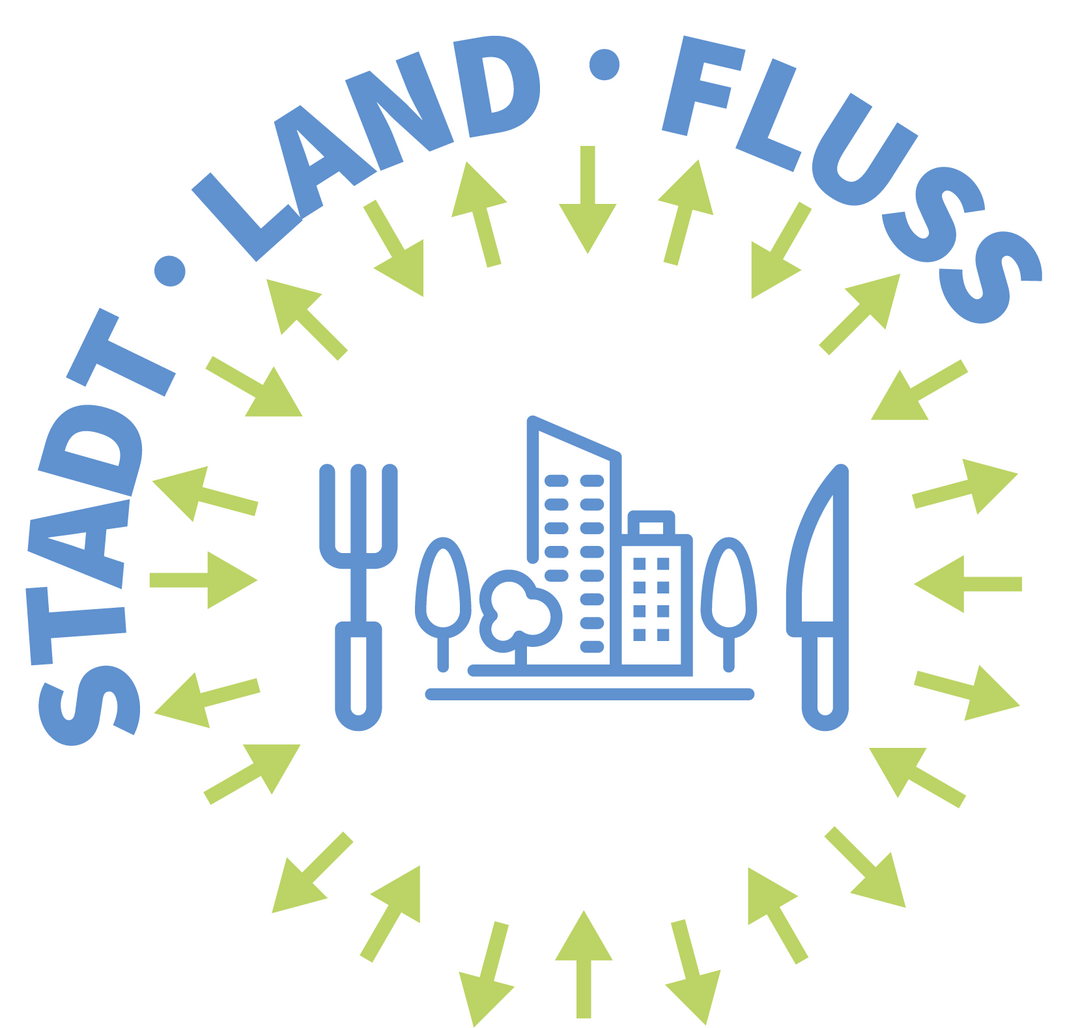Background and goals of the project
Consumers demand more regional products and more transparency when shopping. Regional producers, in turn, need sufficient information on the needs and purchasing behaviours of their customers. In order to improve the supply of regional food and strengthen the regional economy, the project aims to create transparency along food value chains. The aim is to make the current food system more sustainable and efficient with the help of digital innovation, such as the data- and AI-supported development and strengthening of value chains. This transformation requires a robust database with high-quality spatial and temporal data, which will be collected in the project at the local level. The regional aspect is central: the region, municipalities and consumers will be involved. To this end, the stakeholders will be networked via a prototypical, digital, interoperable, transferable and scalable platform for nutritional data in the Berlin-Brandenburg region, thus matching supply and demand. As a result, methods and data will be available on the basis of which new services can be developed.
Implementation
The implementation of the project is planned along work packages in which each partner contributes its competencies. A total of twenty partner organisations are working together under the coordination of Fraunhofer FOKUS. The HNEE is in charge of the following tasks:
At the beginning, an analysis of needs and requirements is to be carried out, which will record requirements for the urban-rural-flow system architecture, taking into account stakeholders, use cases, data situation and market, as well as system security and data protection. This forms the basis for the techniques and tools to be developed.
"DFKI participates with the Berlin team of the research department Cognitive Assistance Systems primarily in the area of AI-supported user interfaces for all users. Another area is AI-based methods in the data and services ecosystem, e.g. for decision support," Norbert Reithinger explains the role of DFKI.
For the collection of process and nutrition data, different data resources of stakeholders will be defined and a user interface will be established. The result should be a sound data collection as well as a definition of associated data management and data extraction processes.
The piloting and evaluation of a Berlin-Brandenburg demonstrator will take up a large part of the project duration. The database will be built up on the basis of two reference companies in the food industry. By additionally including end consumers from a use case such as school catering or canteen supply, the data retrieval from the platform is tested via AI application. The developed digital pilot applications will be tested repeatedly with the involvement of stakeholders, with the aim of improving them in terms of user-friendliness and acceptance, for example.
At the same time an impact analysis will be carried out to assess potential effects of the urban-rural flow system on user behaviour, supply and demand behaviour with regard to sustainability aspects. With the help of stakeholders, relevant factors and indicators for the multidimensional sustainability assessment of regionalised and sustainable food systems will be identified. The starting point for the research and prototypical implementation of a Sustainable Food Chain Impact Assessment (SIA) are indicator sets from established assessment systems, such as Sustainability Assessment of Food and Agriculture Systems (SAFA), Global Reporting Initiative (GRI) or Criteria System for Sustainable Agriculture (KSNL).
The consortium
The Fraunhofer Institute for Open Communication Systems in Berlin (FOKUS) leads the project as consortium coordinator. Nine directly funded cooperation partners also belong to the project: the German Research Centre for Artificial Intelligence (DFKI), the Eberswalde University of Applied Sciences (HNEE), PIELERS GmbH, the Technical University of Berlin, GHS GRUBER & HUFNAGEL Softwareentwicklung GmbH, Verband der Digitalwirtschaft Berlin-Brandenburg SIBB e.V., pro agro-Verband zur Förderung des ländlichen Raumes in der Region Brandenburg-Berlin e.V., Lienig Wildfruchtverarbeitung GmbH and Terra Naturkost Handels KG.
Furthermore, associated or subcontracted partners are the Leibniz Institute for Agricultural Engineering and the Bioeconomy e.V. (ATB) in Potsdam, Ernährungsrat Berlin e.V., grad9 Unternehmergesellschaft in Berlin, inter 3 Institut für Ressourcenmanagement in Berlin, Lobetaler Bio Molkerei in Biesenthal, Märkisches Landbrot GmbH in Berlin, Senatsverwaltung für Justiz, Verbraucherschutz und Antidiskriminierung Berlin, StoneOne AG in Berlin, Leibniz-Zentrum für Agrarlandschaftsforschung (ZALF) e.V. in Müncheberg and BELANU Beratung in Werdershausen.

